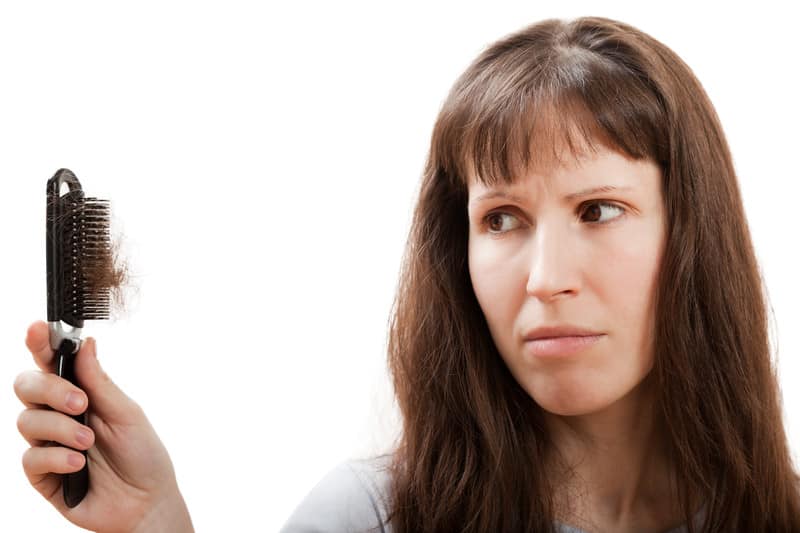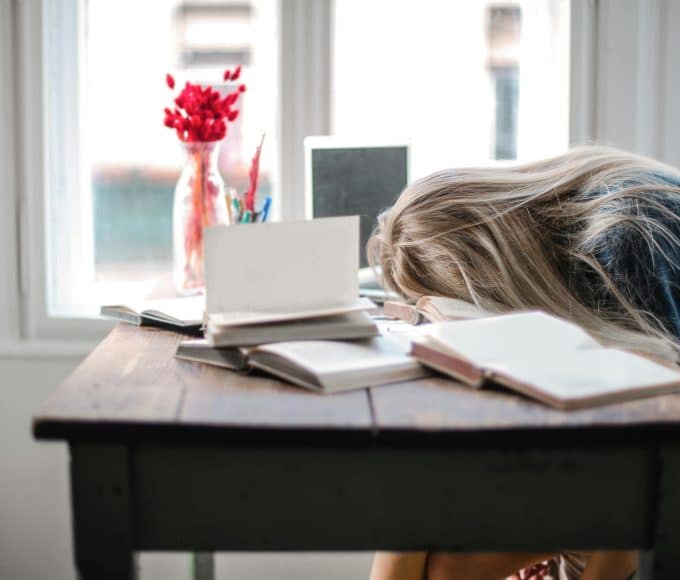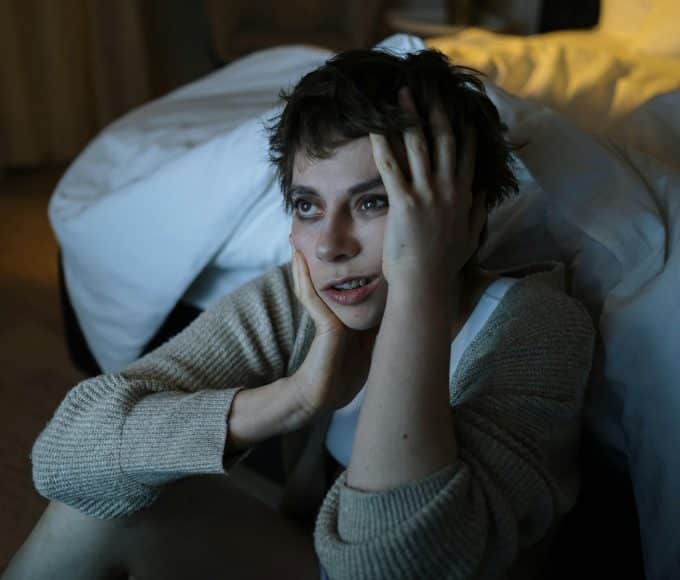No woman ever expects to have to deal with hair loss. After all, isn’t hair loss only something that affects aging men? The fact of the matter is that women of all ages can experience hair loss, for a variety of different reasons. Below is more information on the human hair cycle, why women are not immune from hair loss, and different vitamins, minerals and foods that can address this problem.
The Human Hair Cycle
First of all, it’s important to realize that hair has a life cycle. Every strand of hair on your body is going through the growth cycle, and when that growth cycle is disrupted, that’s when hair loss occurs.
There are three phases in the human hair growth cycle: the anagen, catagen, and telogen phases. The anagen phase is known as the growth phase. This stage lasts anywhere from 2 to 8 years. In fact, 90 percent of the hair on your head is in this phase of the growth cycle. The catagen phase is considered a transition stage, which is where the hair follicle will shrink. Finally, the telogen phase is when the hair follicle rests.
Why Do Females Experience Hair Loss?
If the hair growth cycle is disrupted somehow, then females too can experience hair loss. While the American Academy of Dermatology explains that it is normal for women to lose anywhere from 50 to 100 strands of hair each day – even more than that on a day that you wash your hair – hair loss might be higher than this if you are taking certain medications, if you’ve lost too much weight too fast, if you are going through menopause, or if you frequently straighten, curl or dye your hair.
Female hair loss can also be a hereditary condition, or it can be brought on by stress or excessive intake of vitamin A.
Vitamins To Help With Female Hair Loss
Having a good, healthy diet is important for maintaining a healthy body, but also for maintaining your hair health. Interestingly, a good diet is an integral part of female hair loss treatment. Essential vitamins that you should incorporate into your diet in order to reduce hair loss include zinc, vitamin B, iron, calcium, biotin and folate.
It is easy to get all of these into your diet each day. For example, salmon is rich in protein and vitamin D, both of which are important for hair health. Sweet potatoes contain beta-carotene, which your body will then turn into vitamin A, which again is useful in maintaining hair health. Eggs are high in zinc and iron. Other foods recommended by nutritionists as part of female hair loss treatment include oysters, spinach, lentils, Greek yogurt and blueberries.
Don’t make the mistake of thinking that hair loss only affects elderly men – in fact, hair loss can affect women of all ages. There are numerous reasons for hair loss, but making sure your diet has ample zinc, vitamin B, calcium and iron will help to reduce this problem. A healthy diet means not just a healthy body, but also a lush head of hair!














